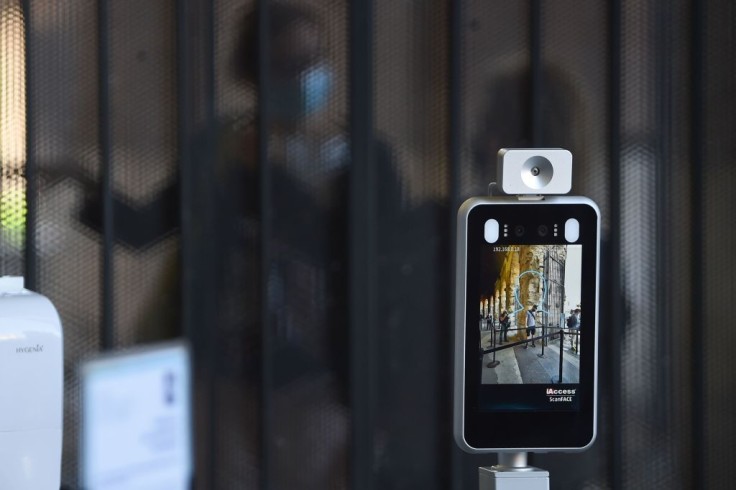
A consumer advocacy organization reported last month that Bunnings and Kmart use a technology that employs video cameras to capture faces as a unique faceprint that can be compared to others.
Face Recognition in Bunnings and Kmart Are Halted, and This is The Reason
The use of face recognition by Bunnings and Kmart Australia has been suspended while Australia's privacy regulator looks into their management of customer data.
The Wesfarmers-owned businesses made a choice over the weekend in response to persistent criticism about the use of technology to analyze in-store CCTV video and in the aftermath of a CHOICE investigation.
Bunnings, Kmart, and The Good Guys were discovered to have created profiles or "facial prints" of their consumers without their permission by analyzing CCTV video, according to the examination of 25 major retailers.
Along with 14 other large businesses, Woolworths, Coles, and Aldi said they were not currently using or planning to use face recognition technology.
Consumer advocacy group Choice revealed last month that Bunnings and Kmart were using the technology, which uses video cameras to record images of people's faces as a unique faceprint that is then stored and can be compared with other faceprints. The companies claim this is a move to protect customers and employees and reduce theft in some stores.
The Office of the Australian Information Commissioner (OAIC) is now looking into the two corporations' technology usage and whether it complies with privacy regulations.
Bunnings managing director Mike Schneider accused CHOICE of "mischaracterizing" the problem by claiming that Bunnings only used the technology to identify those who have been prohibited from entering Bunnings shops.
As the business transitions to a new system, the technology has already been temporarily turned off at Bunnings shops.
A spokeswoman for the company likewise verified Kmart's decision to stop employing the technology.
According to the spokesman, Kmart thinks using technology to "avoid illegal conduct such as refund fraud" is permissible and subject to tight regulations.
Are Facial Recognition Technologies Precise?
Facial recognition is a controversial technology. Many of us have heard stories about AI mistaking humans for animals, but that is just the beginning. This technology has detractors who worry that technology can lead to false identifications.
In tests conducted by the National Institute of Standards and Technology, the best face identification system had an error rate of < 0.08%as of April 2020. This indicates a considerable improvement compared to 2014, when the best algorithm had an error rate of 4.1%.
However, in the real world, accuracy rates are frequently lower. According to the CSI report, the Facial Recognition Vendor Test found that while one algorithm's error rate was 0.1% when faces were checked against high-quality mugshots, it increased to 9.3% when those faces were examined against pictures of persons taken in public.
These error rates increase, especially when subjects weren't looking directly at the camera or were partially hidden by shadows or other objects.









